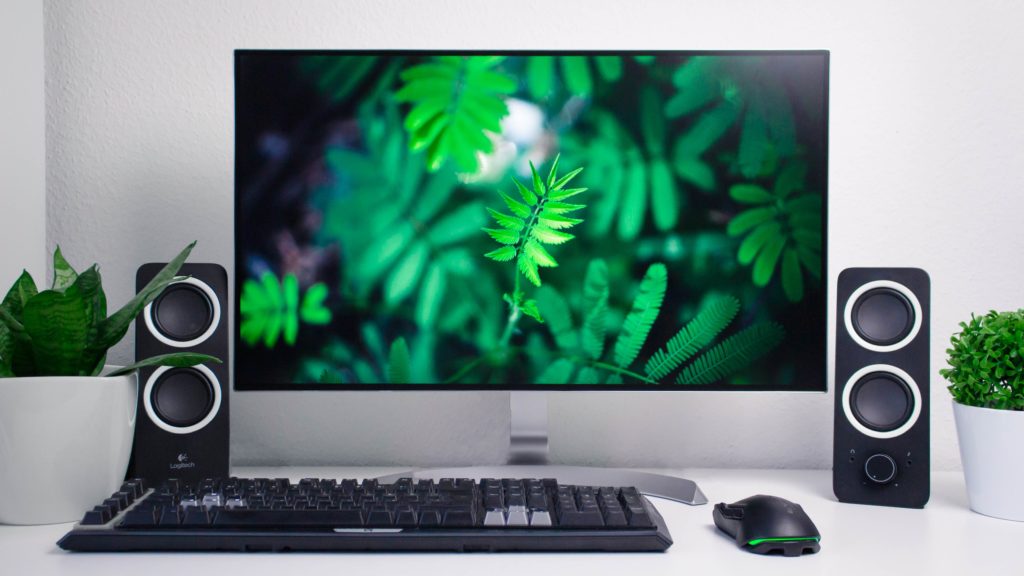Computers play a vital role in our lives today. They help us stay connected, work efficiently, and access information. However, computers can sometimes face issues that affect their performance. In this blog post, we will discuss common computer problems like slow performance, software crashes, and hardware failures. We’ll provide step-by-step guides to troubleshoot these issues and offer advice on when to seek professional help. You may also want to check out our post on Common Smartphone Issues.

Common Computer Problems: Slow Performance
One frustrating issue is when your computer runs slowly. If this happens, follow these steps to troubleshoot:
a. Check for malware: Use reliable antivirus software to scan your computer for any harmful programs that may be slowing it down. Remove them.
b. Free up disk space: Delete unnecessary files and programs to create more space on your computer. You can use tools like Disk Cleanup (Windows) or Finder (Mac) to help you with this.
c. Update software and drivers: Make sure your operating system, drivers, and applications are up to date. Outdated software can cause performance problems.
d. Upgrade hardware or increase RAM: If your computer is still slow, consider adding more memory (RAM) or upgrading hardware components. This can improve performance, especially for demanding tasks.
Software Crashes
Software crashes can happen due to incompatible programs, corrupted files, or conflicts. Here’s how you can troubleshoot software crashes:
- Restart your computer: Sometimes, a simple restart can fix software-related issues. It clears temporary data and resets system processes.
- Update software: Keep all your software, including the operating system and applications, updated. Developers release updates to fix bugs and improve stability.
- Check for conflicting software: If crashes occur after installing a new program, try uninstalling it to see if that solves the problem. Conflicts between programs can cause crashes.
- Repair or reinstall problematic software: If a specific program keeps crashing, try repairing or reinstalling it. This can fix any corrupted files or settings causing the crashes.
Hardware Failures
Hardware failures range from minor issues like loose cables to more serious problems, like a failing hard drive. Follow these steps for hardware-based common computer problems:
- Check connections: Ensure all cables and connections are firmly plugged in. Loose cables can cause display issues, malfunctioning peripherals, or power problems.
- Run hardware diagnostics: Many computers have built-in tools to test hardware. Use them to check components like RAM, hard drive, and graphics card for issues.
- Update drivers: Outdated or incompatible drivers can cause hardware problems. Update drivers to the latest versions available from the manufacturer’s website.
- Seek professional help: If you’ve tried troubleshooting and still experience hardware issues, it’s best to consult professionals. Certified technicians can diagnose and repair complex hardware problems effectively.
When to Seek Professional Help
While troubleshooting can solve many computer issues, some situations require professional assistance:
- Severe hardware failures: If a major component like the motherboard or power supply is failing, seek professional help.
- Data recovery: If you can’t access important data due to a failing hard drive, professionals can recover it using specialized tools.
- Persistent software issues: If software crashes or performance problems persist despite troubleshooting, consult professionals with software expertise.
Computer problems can be frustrating. However, with the right troubleshooting steps, many issues can be resolved. If you follow this blog post, you can address common computer problems like slow performance, software crashes, and hardware failures. Remember, seeking professional help from a company like iFixYouri is always an option for more complex or persistent issues. Altogether with patience and the right approach, you can keep your computer running smoothly and enjoy a seamless computing experience.
